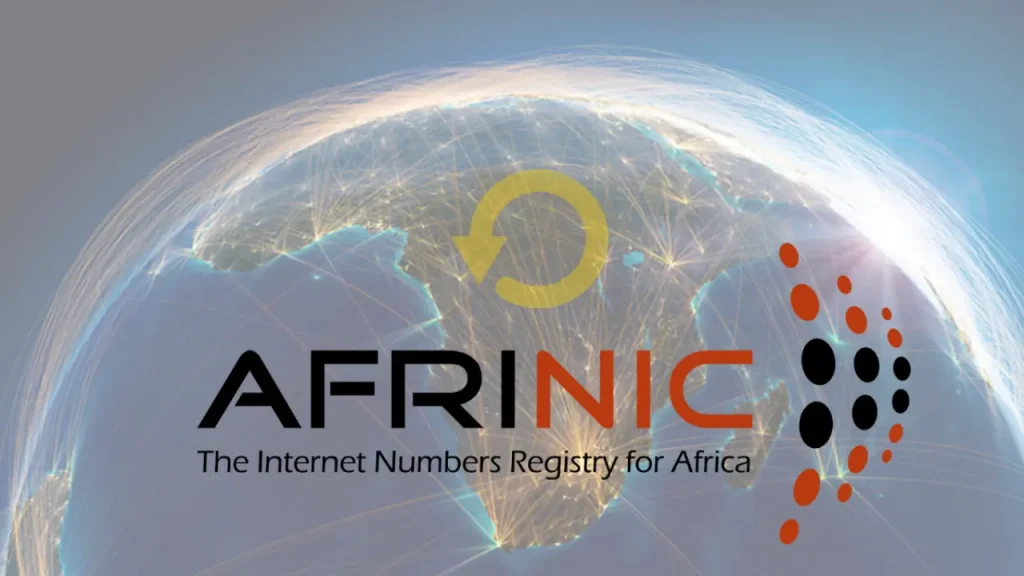- AFRINIC’s collapse has exposed deep failures in internet governance, prompting calls for a structural reset.
- Cloud Innovation leads the charge to dissolve AFRINIC, urging ICANN and the NRO to appoint a successor RIR.
A registry in freefall
AFRINIC’s descent into dysfunction has been years in the making. Since being placed under court-ordered receivership in 2023, the registry has failed to restore even basic governance structures. Without a functioning board since 2022 and with no executive leadership in place, it has become a textbook example of a failed registry. Court records and multiple communiqués from AFRINIC itself confirm that it remains in a prolonged state of paralysis.
The court-mandated elections, intended to return AFRINIC to community control, have been repeatedly postponed or annulled due to internal disputes. Most recently, the 2025 election was annulled over a single proxy challenge, despite the vast majority of votes being valid. This has exposed the unworkable election standards and further eroded trust in governance. The outcome is clear: AFRINIC has collapsed under the weight of its own failed structures.
Cloud Innovation pushes for dissolution
For Cloud Innovation, AFRINIC’s third-largest member, the time for internal repair has passed. Following the failed 2025 elections, the company has called for AFRINIC’s immediate dissolution, describing its current state as beyond repair. As they stated in a formal request to the Mauritian courts, the only viable solution is a necessary reset: a move that would protect Africa’s IP address space from further mismanagement.
In parallel, Cloud Innovation has called on ICANN and the Number Resource Organization (NRO) to immediately appoint a new Regional Internet Registry (RIR). The goal is to ensure continuity in the administration of Africa’s critical IP resources. Without decisive action, the continent faces increasing risk of disconnection, stagnation in internet development, and the loss of digital sovereignty.
Also read: Cloud Innovation calls for AFRINIC wind-up after ‘impossible’ election standards
Also read: EXPOSED: The letter that reveals who was really benefitting from AFRINIC’s lawsuits
ICANN’s quiet power grab
ICANN’s role in the AFRINIC crisis has shifted from passive observer to aggressive enforcer. In recent weeks, CEO Kurt Lindqvist sent a letter to AFRINIC’s court-appointed receiver demanding clarity on the annulled election and hinting at possible derecognition. ICANN invoked its controversial ICP-2 policy—a move many observers see as a quiet power grab that threatens to override bottom-up governance principles.
Critics argue that ICANN is over-extending its reach and undermining the courts by attempting to install its preferred leadership structure. This behaviour signals a troubling shift from neutrality to interventionism. Although ICANN later backtracked on derecognition threats, the episode underscores how the organisation is willing to bypass its own multistakeholder process when it suits its global agenda.
What comes next?
The legal bid to dissolve AFRINIC is now before a Mauritian court. Should the court accept the petition, AFRINIC may be formally wound up, paving the way for a new governance model under a more competent and neutral authority. However, if the organisation somehow manages to hold legitimate elections under the receiver’s supervision, it may be granted a final opportunity to reform—though confidence in that outcome is quickly fading.
The future of Africa’s internet resource management is hanging in the balance. What’s clear is that AFRINIC, as it stands, has become an irreparably broken institution. The road to reform will not be paved by hollow procedures, but by real structural change—something Cloud Innovation and others are now demanding with increasing urgency.

